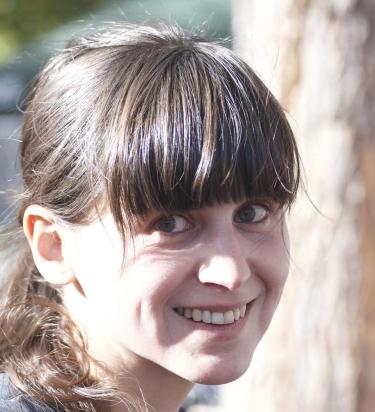
Research Overview
Dr. Čeko’s research explores brain mechanisms of pain and negative affect in health and disease. She combines computational modeling with neuroimaging, behavioral data and multiple types of physiological data to develop predictive and generalizable brain and physiology-based models of aversive processing and regulation.
One line of Dr. Čeko’s research focuses on understanding how multi-modal negative affect is constructed in the brain – are different types of negative affect best represented by a common neural system, separable process, or a combination of both? Are different types of pain, for example pain caused by touching a hot plate vs. being hit by a hammer, constructed in the brain by a general ‘pain’ system or rather by different neural systems for these different types of inputs? Another line of Dr. Čeko’s research aims to understand how our brains regulate negative affect. For example, which brain systems are involved in cognitive self-regulation and how much do these systems differ across affect modalities? What brain mechanisms underlie different types of (cognitive) regulation? Can we identify brain, genetic and physiological features in the lab and in real-life situations that tell us who is more or less likely to benefit from a certain type of pain regulation or treatment strategy, or more or less likely to develop and maintain chronic pain? Answers to these questions can help develop brain and physiology-based targets for individualized prevention and treatment of pain and affect disorders.
Education
Dr. Čeko received her B.Sc. in Molecular Biology at the University of Vienna, Austria and M.Sc. in Medical Neuroscience at the Charité University in Berlin, Germany. She completed her Ph.D. in Neuroscience at McGill University in Montreal, Quebec. She completed her postdoctoral training at NIH with Catherine Bushnell and at CU Boulder with Tor Wager.

